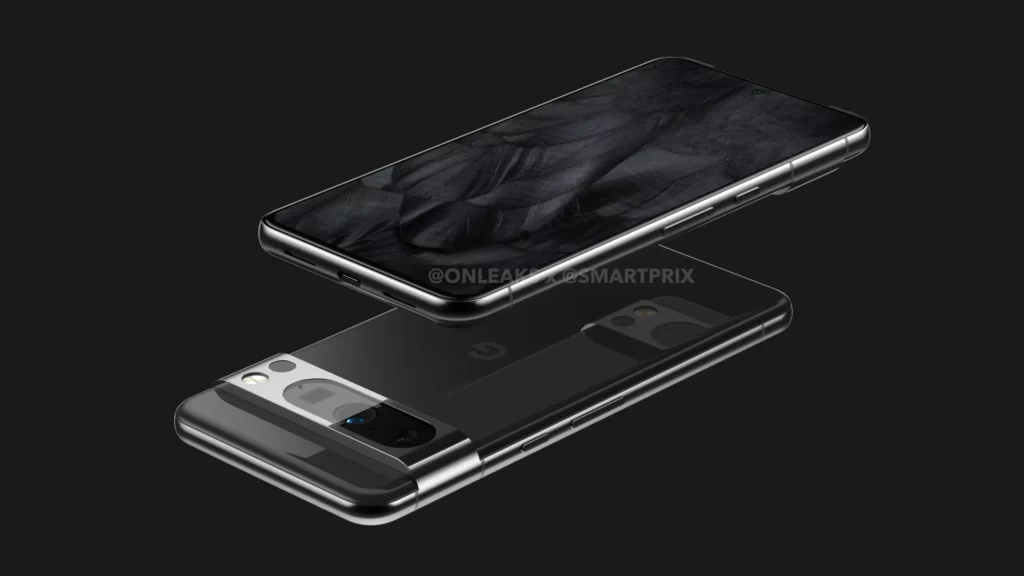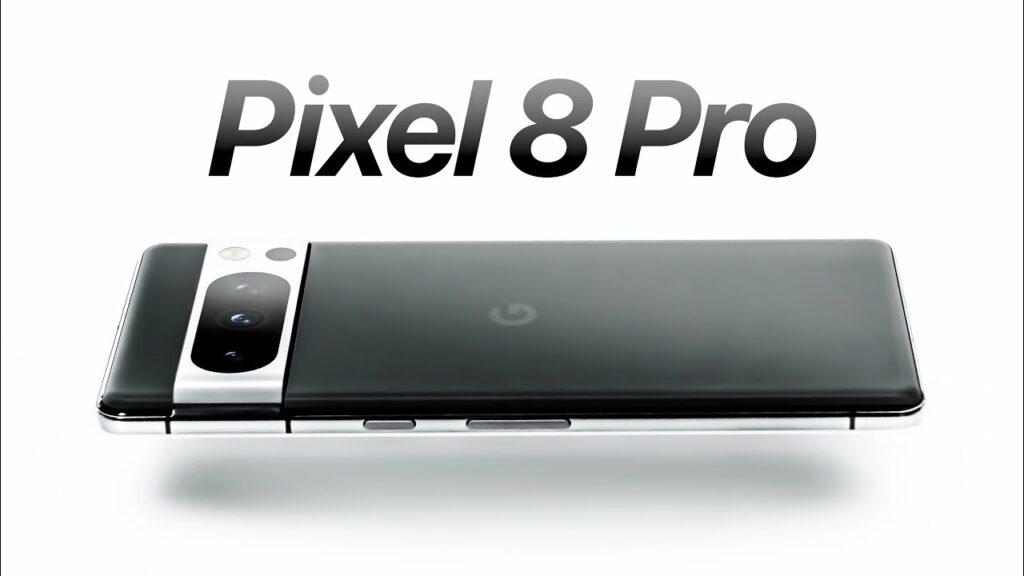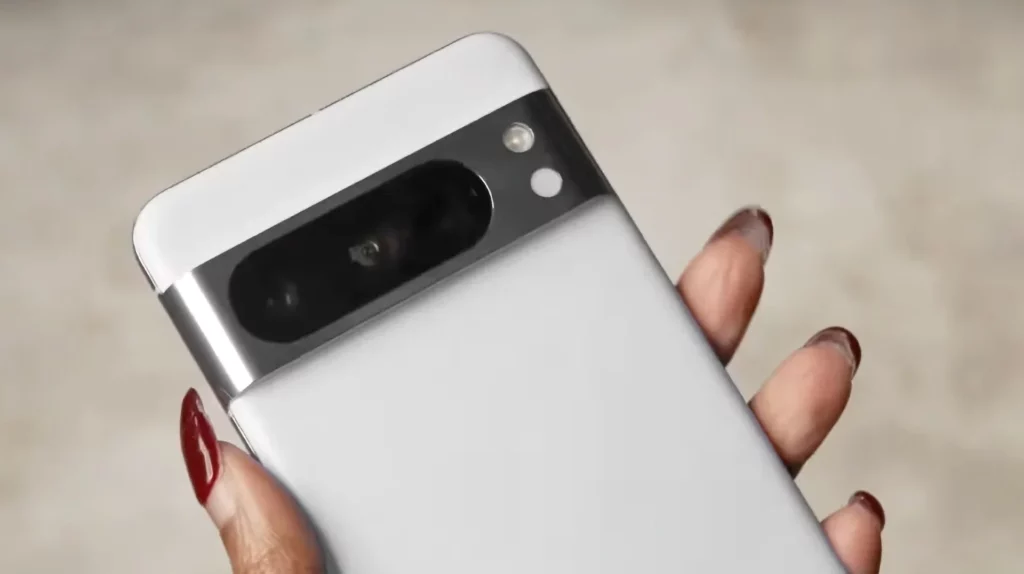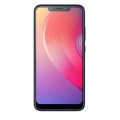Google Pixel 8 Pro Hands-on Images Show Infrared Thermometer
One notable absence in Google’s recent smartphone lineup has been gimmicks, particularly the kind that Google is known for – those that come and go quickly, like the Soli radar, for example. However, with that being said, it may come as a pleasant surprise to hear that the upcoming Pixel 8 Pro is rumored to include an infrared thermometer on the back, positioned under the circular LED Flash within the camera bump.

The thermometer will have the capability to measure body temperature, utilizing a sensor similar to the ones found in most contactless thermometers (which may remind you of the pandemic). To use the thermometer sensor on the Pixel 8 Pro, you simply need to bring it close to your forehead without making direct contact with your skin. Then, by tapping the start button and moving the phone towards your temple within five seconds, the phone will vibrate to signal the completion of the temperature measurement.

Now, you might be wondering about the usability of this feature considering that the screen is located on the other side of the phone – the side that isn’t facing you in this scenario. Unfortunately, we can’t provide an answer at the moment because there was a video demonstrating how the feature works, but it was uploaded to YouTube and subsequently removed for violating the platform’s Terms of Service. It doesn’t sound like the most user-friendly experience, but in the event of another pandemic, you’ll be equipped to scan people around you with just your Pixel 8 Pro, without the need for additional hardware.

It’s important to note that this intriguing new feature will only be available on the Pro model of the Pixel 8, so if you’re considering saving some money and opting for the regular Pixel 8, you won’t have access to it. The Pixel 8 Pro is anticipated to be unveiled alongside the Pixel 8 in October, and both smartphones are rumored to be powered by Google’s own Tensor G3 SoC. The Pixel 8 Pro is said to have a slightly smaller screen than its predecessor, measuring 6.52 inches, and it is expected to feature Samsung’s largest ISOCELL GN2 sensor for its main camera.
Published on 05/28/23 10:13 | by Rawa John










